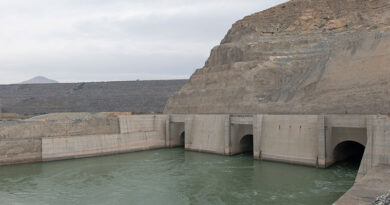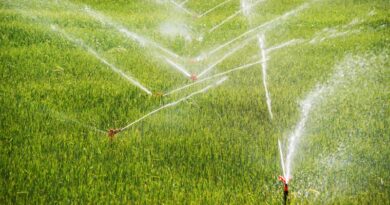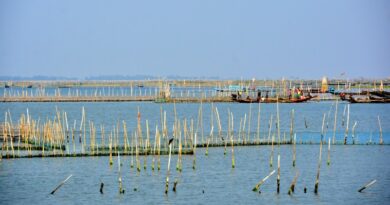Centre launches 100-day mission to ensure safe water to schools
The Centre has launched a 100-day campaign to provide potable piped water supply in schools and anganwadi centres across the country.
The campaign, to be taken up on a mission mode, follows a recent appeal by Prime Minister Narendra Modi to all states to make best use of the 100 days campaign to ensure provision of potable piped water supply in public institutions.
The initiative is aimed at providing clean and safe drinking water to children across the nation, said Union Jal Shakti Minister Gajendra Singh Shekhawat. The mission was envisaged by the Prime Minister while releasing the ‘Margdarshika’ for gram panchayats and paani samitis for implementation of Jal Jeevan Mission (JJM) recently, he said.
Ensuring safe water to children is a priority, as they are the most vulnerable to water-borne diseases. Therefore, provisions have been made under Jal Jeevan Mission for ensuring safe water through tap water connection in schools, anganwadi centres, health care centres, said Shekhawat.
According to an official statement, the National Jal Jeevan Mission has reached out to states and UTs to ensure that during this campaign, gram sabhas are convened at the earliest to pass a resolution for providing safe water in all schools, anganwadi centres and other public institutions in the village in the next 100 days.
These facilities will be operated and maintained by the gram panchayat or its sub-committee – village water & sanitation committee. This campaign will go a long-way in ensuring safe water supply to our children that will positively impact their health and overall development. This is a befitting tribute to the ‘father of the nation’ Mahatma Gandhi on his 151st birth anniversary, the minister said.
The Centre’s ambitious Jal Jeevan Mission aims at universal coverage of provision of tap water connection to every rural home by 2024. Under the Mission, special focus is on women and children. Ensuring safe water to children is a priority, as they are the most vulnerable to water-borne diseases like diarrhoea, dysentery, cholera and typhoid, the statement added.



